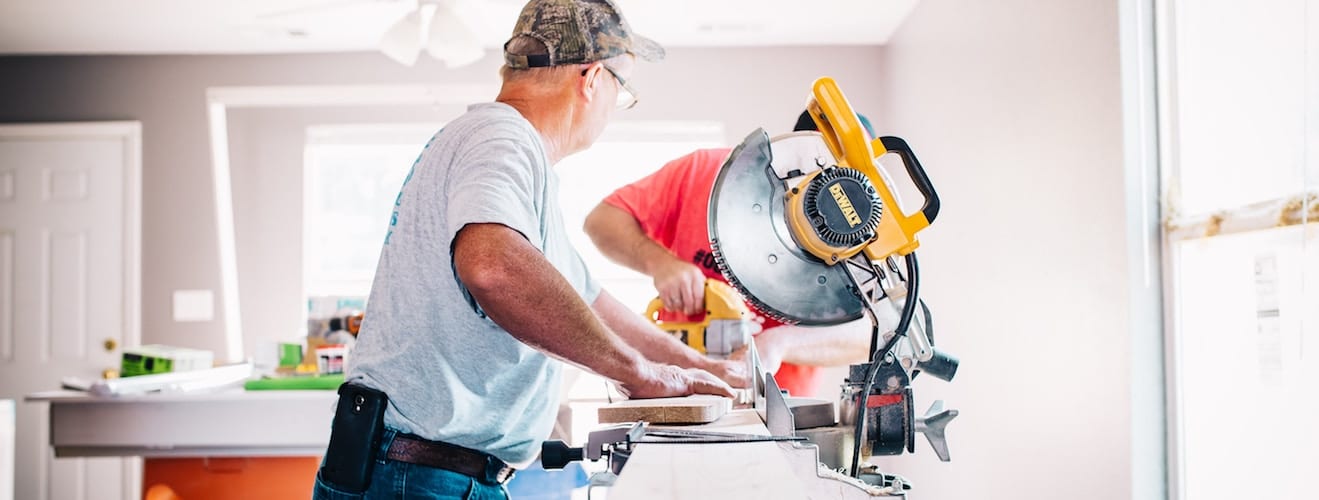Numerous research studies have shown that customers are most likely to evaluate the performance of their field service technicians initially on the basis of their product knowledge, technical skills, responsiveness, and professionalism. As a result, an organization’s ability to train — and empower — its service force in each of these areas is critical to its overall ability to satisfy customers.
Key No. 1: Product Knowledge
Far and away, your customers’ perceptions of their field technician’s product knowledge will be the most important factor in their evaluation of your organization’s on-site service performance. One of the biggest turn-offs to customers? The sense that when a field tech arrives onsite, he or she is not familiar with the equipment that requires service. This is why it is so important for techs to have a good organization-wide understanding of the various types and models of equipment they could encounter in the field, especially if they work for a third-party service provider.
Many customers may still use older equipment that has been discontinued, or for which techs may not have been able to acquire the necessary documentation or training. Further, the availability of parts for some of these older pieces of equipment may be severely limited. That said, the last thing a customer wants to hear when a service technician arrives on-site is, “Gosh, it’s been years since I’ve seen one of these machines! This may take me a while.” A well-prepared service tech will at least have spent some time going over some of the historical service documentation for the unit before arriving on site.
Similarly, there are many cases where new equipment requires service before adequate service history data and documentation are readily available. While it may not be your service tech’s fault that they have not yet been sufficiently trained to support this new equipment, you will still want to avoid having them say something off-putting like, “Wow! This is the first time I’ve seen one of these units. I may have to make some phone calls to my tech support hotline before I know what I’m doing.”
With respect to product knowledge, customers are basically looking for two things:
- Assurance that the field tech is familiar with the equipment
- Comfort that even though their equipment may not be ordinary, the service tech will what what to do to repair it — and, regardless of whether it is old or new, that he or she will get the job done.
Key No. 2: Technical Skills
Having your service techs familiar with the various product lines they support in the field is meaningless if they do not also have the technical skills required to actually perform the repair. For the most part, the equipment they will be asked to support in the field will typically be fairly “mainstream,” so the next most important factor that customers will use to evaluate their performance will be their perceptions and interpretations of their respective technical skills.
While customers may be initially impressed that their field techs have a large number of product or brand certifications, extensive experience and many years working for the company as a service engineer, their perceptions of their technical skills will be largely dependent on what they observe firsthand watching the tech at work. Things that customers tend to notice includes:
- How quickly and confidently techs appear to be working on their equipment
- How many times they stop to review documentation, notes or product specs
- Whether they need to make telephone calls to the tech support hotline and, if so, how often they call
- Whether they go out to their van for technical documentation and, if so, how frequently and how long the trips take
- How long it ultimately takes to complete the repair
In summary, the best way for your field technicians to prepare themselves for an on-site customer call is to:
- Do their homework prior to making the call
- Review their notes before arriving at the customer site
- Have the necessary specs and documentation available
- Prepare to listen, observe, think and speak during the customer interaction
Key No. 3: Responsiveness
Responsiveness is one of those all-encompassing words that simply reflects the degree to which your service techs pay attention to their customers’ wants and needs. For some customers, responsiveness is measured by how quickly the service tech responds to their questions, comments or requests. For others, responsiveness may be measured by how quickly they complete the repair. To cover all of their bases, field techs must also be able to judge — for each customer — whether their emphasis needs to be more on responding to their questions, or on delivering the final fix that ultimately provides all the answers (in most cases, it will be the latter).
In the most simplistic of terms, customers’ expectations are not rocket science. All they really want is to have their equipment back up and running again as soon as possible (or at least as quickly as promised), with as little disruption to their ongoing business operations as possible.
Some customers will want their service techs to provide them with an ongoing stream of information regarding the repair process, including such things as an estimated time for completion, mid-course updates on their progress along the way, the cause for the original failure or projections for when future failures may occur. Others may not want any ongoing interaction or commentary from their service techs at all, and the only time they will want to speak to them during the on-site call will simply be to say “hello” and “goodbye.” It will ultimately be up to each individual service tech to determine which type of customer it is dealing with at any given moment — and to interact accordingly.
Key No. 4: Professionalism
Finally, while not necessarily the most important factor upon which your field techs will be evaluated, professionalism will still have a significant place in each customer’s overall performance assessment. It may be argued that while other key areas such as product knowledge, technical skills and responsiveness better reflect the principal attributes of each customer’s performance evaluation, professionalism is more a measure of how each of these components is ultimately performed.
For example, if a service tech is already perceived to have the proper levels of product knowledge and technical skills and appears to be sufficiently responsive to the various wants and needs of the customer, but addresses each of these areas in an “unprofessional” manner (for example, looking like he or she doesn’t know what they’re doing, appearing to be unconcerned with the customer’s ongoing business operations while repairing their equipment, speaking with customers in a politically incorrect or unprofessional manner, or just generally not looking like a company representative) they will not leave a good impression in the minds of their customers. As the adage goes, “seeing is believing,” and customers will only believe their service techs to be true professionals if they feel they are comporting themselves in a professional manner at all times.
In the most simplistic of terms, customers’ expectations are not rocket science. All they really want is to have their equipment back up and running again as soon as possible (or at least as quickly as promised), with as little disruption to their ongoing business operations as possible and, if applicable, within the parameters of their existing service level agreement. How they will ultimately judge their field technician’s on-site performance will be largely based on their perceptions of his or her product knowledge, technical skills, responsiveness and professionalism.


Share this: